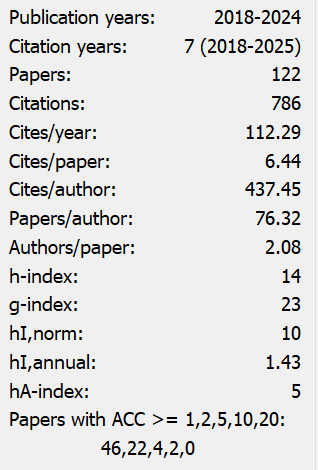Corruption and Health Sector Performances in West Africa Countries: A Theoretical Analysis
Abstract
The fact that corruption has become one of the most notoriously persistent and progressively worsening social and welfare problems afflicting virtually all economic processes today is indisputable; while critics of corruption have long argued that corruption reflects government failure in providing health development infrastructures. This paper however provided the basis of theoretical interrelationships between corruption and health sector performances in West African countries. The paper also examines various policies measures as employed by other nations as lessons to improve the performances of health sector in these countries. One implication of these results as evidenced from Singapore, Hong Kong and Tunisia, is that attainment of stronger and effective institution and good governance will lower corruptive practices and improve health sector performances in West Africa nations. The paper therefore calls on governments of West African countries to concentrate on strengthening their institutions especially by reducing corruptive practices and promoting accountability, integrity and transparency in health sector.


This work is licensed under a Creative Commons Attribution 4.0 International License.
Copyright for this article is retained by the author(s), with first publication rights granted to the journal.
This is an open-access article distributed under the terms and conditions of the Creative Commons Attribution license (http://creativecommons.org/licenses/by/4.0/).


























